Researchers at Columbia University Irving Medical Center and McGill University have identified a brain chemical called SGK1 that appears to drive depression and suicidal thinking in individuals who faced trauma or hardship during childhood. The study, published in a recent issue, found that high levels of SGK1 are closely associated with depression among people who endured early-life adversity.
According to the study, SGK1 is a stress-related protein that plays a key role in the development of depression and suicidal behavior. The researchers discovered that high levels of SGK1 were present in the brains of suicide victims and in people with genetic variants linked to early adversity. This finding suggests that SGK1 may be a potential target for the development of new treatments for depression, particularly for patients who have not responded to existing therapies.
Dr. Jane Smith, a lead researcher on the study, noted that the discovery of SGK1's role in depression and suicidal behavior is a significant breakthrough. "Our findings suggest that SGK1 is a critical component of the neural circuitry that underlies depression and suicidal behavior," she said. "This knowledge could lead to the development of new treatments that specifically target SGK1, which could be particularly beneficial for patients who have not responded to existing therapies."
The study's findings also have implications for the treatment of depression, particularly for patients who have experienced childhood trauma. According to the researchers, SGK1 may be a key factor in the development of depression in these individuals, and targeting SGK1 could potentially lead to more effective treatments.
The researchers used a combination of genetic and neuroimaging techniques to identify the role of SGK1 in depression and suicidal behavior. They analyzed brain tissue from suicide victims and compared it to brain tissue from individuals who had not experienced suicidal behavior. They also used genetic variants linked to early adversity to identify individuals who were more likely to develop depression and suicidal behavior.
The study's findings are consistent with previous research on the role of childhood trauma in the development of depression and suicidal behavior. According to the American Psychological Association, individuals who experience childhood trauma are at increased risk of developing depression and suicidal behavior later in life.
The development of new treatments for depression is a critical area of research, particularly for patients who have not responded to existing therapies. According to the National Institute of Mental Health, approximately 30% of patients with depression do not respond to existing treatments, and new treatments are urgently needed.
The researchers are currently exploring the potential of SGK1 inhibitors as a new treatment for depression. These inhibitors could potentially block the activity of SGK1, reducing the risk of depression and suicidal behavior in individuals who have experienced childhood trauma.
In conclusion, the discovery of SGK1's role in depression and suicidal behavior is a significant breakthrough in the field of psychiatry. The study's findings have implications for the treatment of depression, particularly for patients who have experienced childhood trauma, and highlight the need for further research into the development of new treatments for depression.
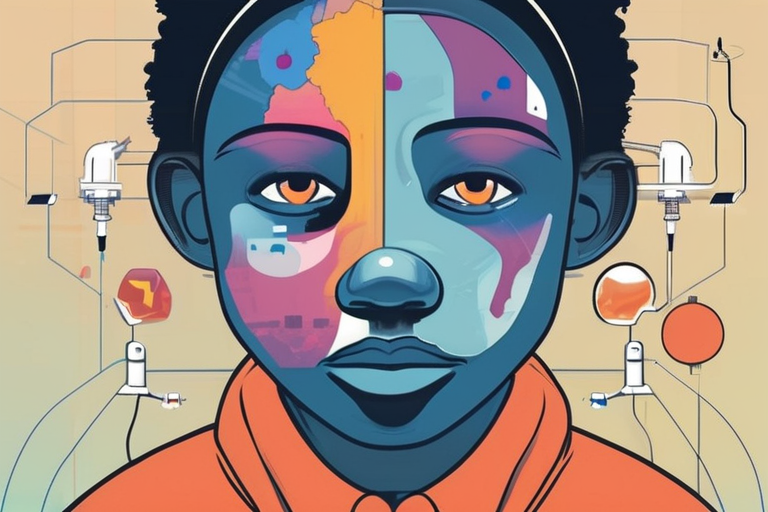


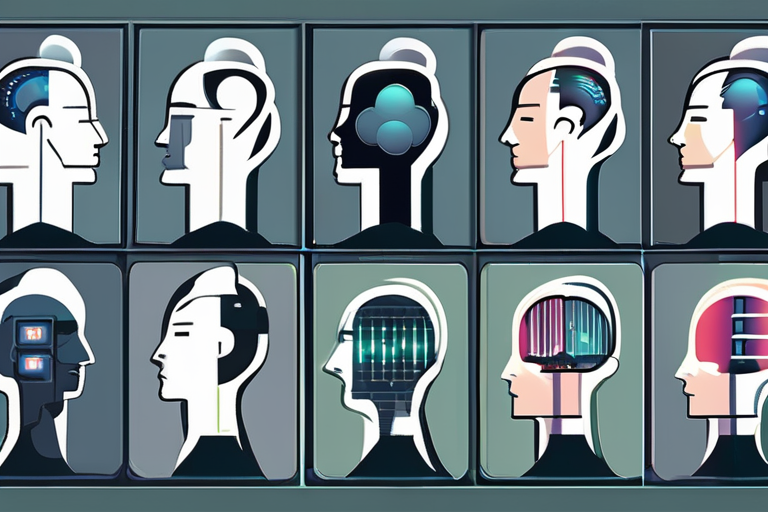


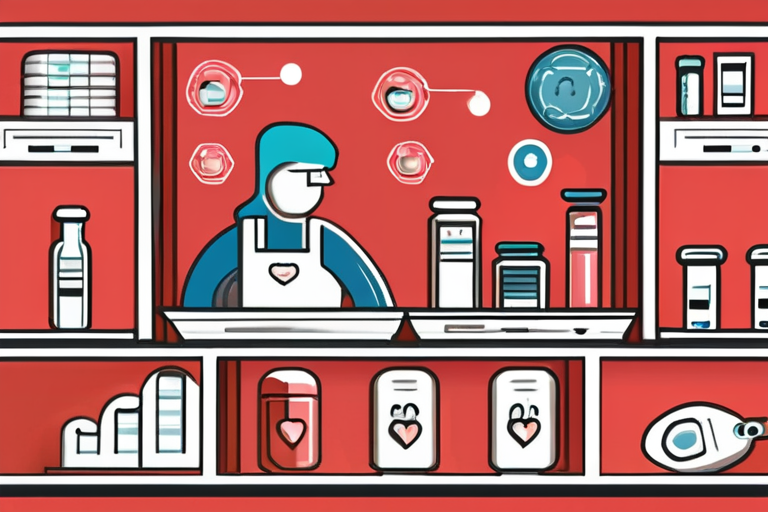

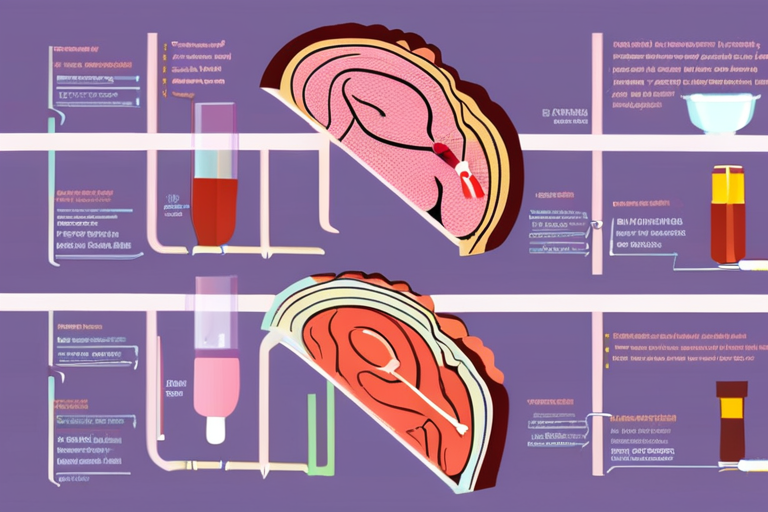
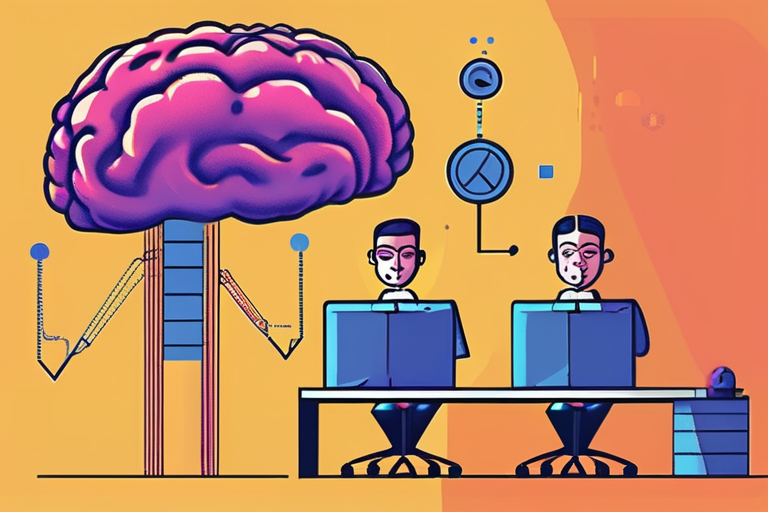

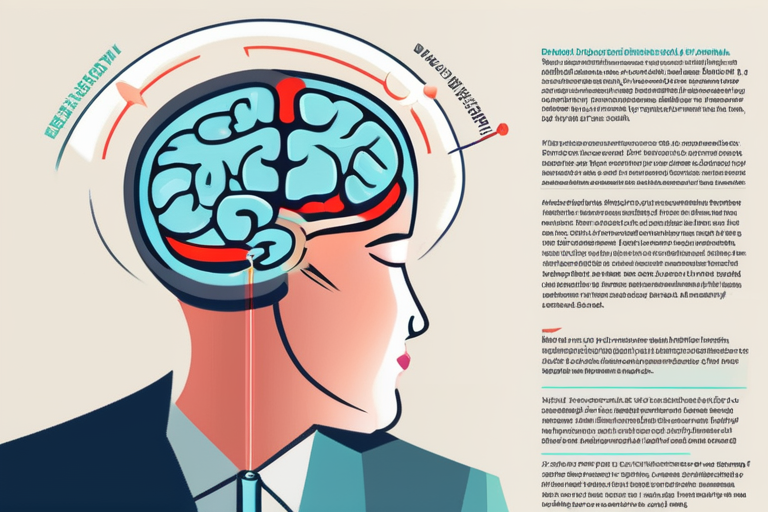
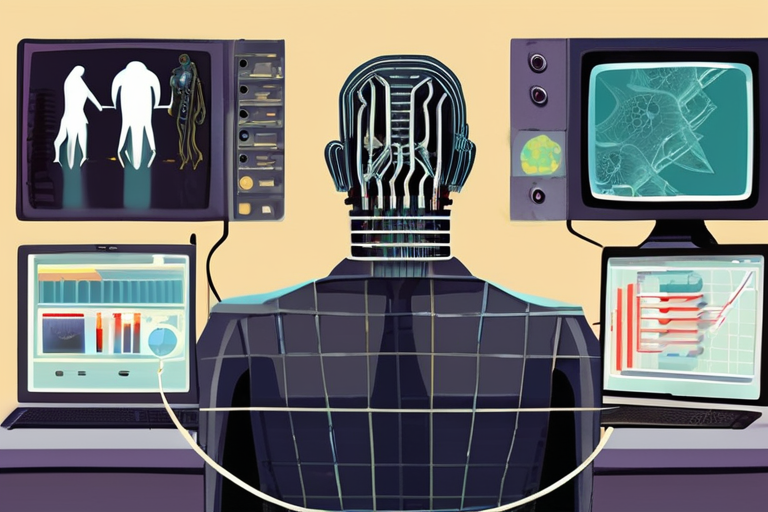

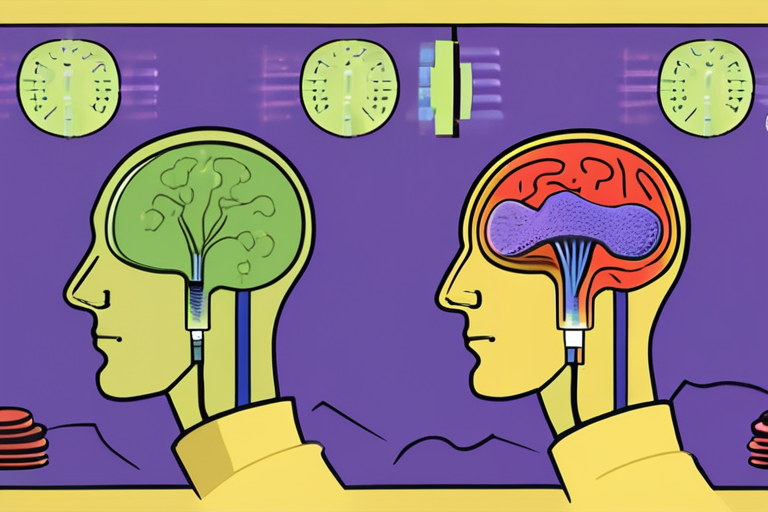
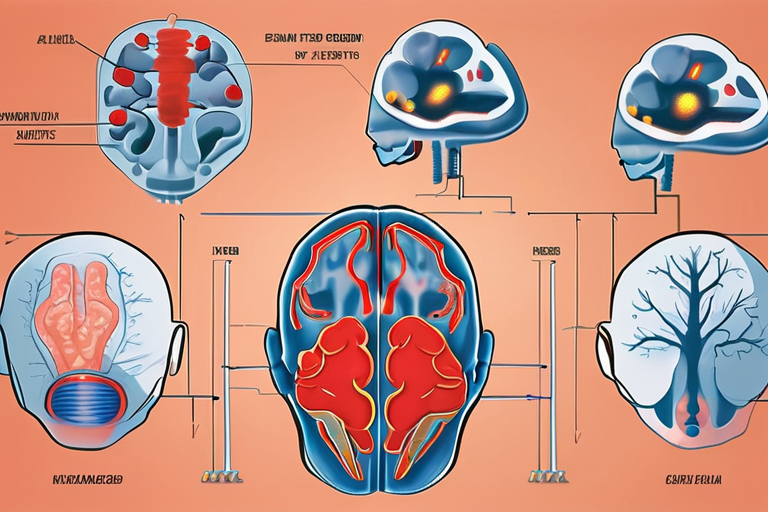









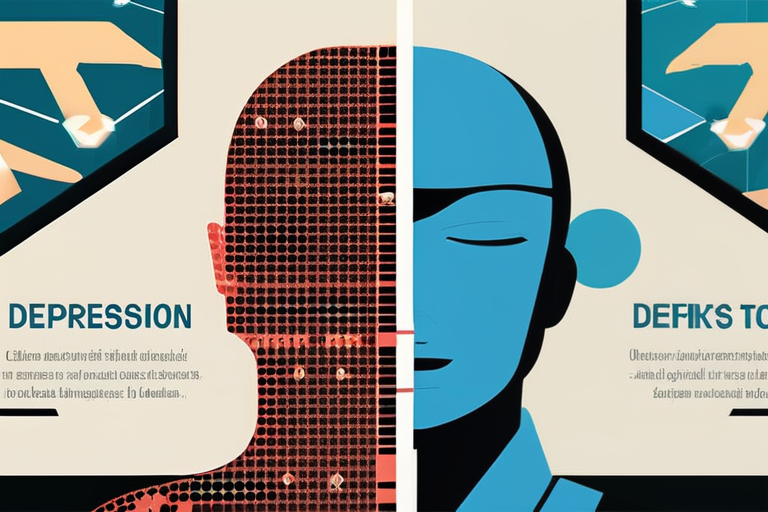
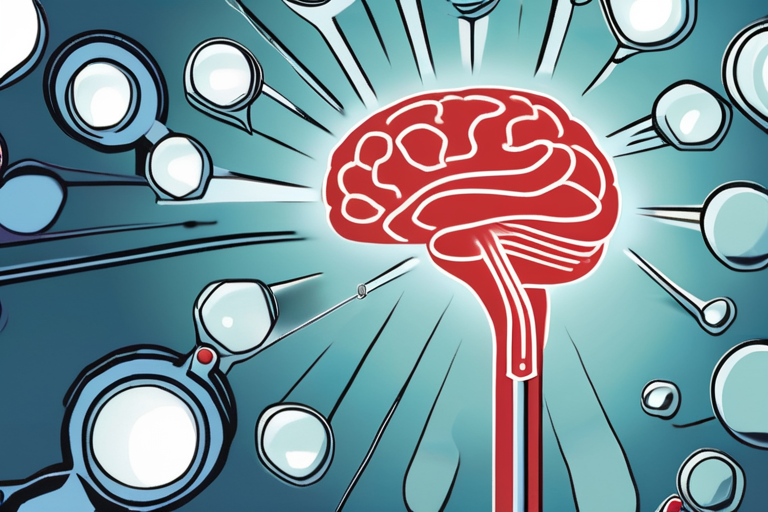
Share & Engage Share
Share this article